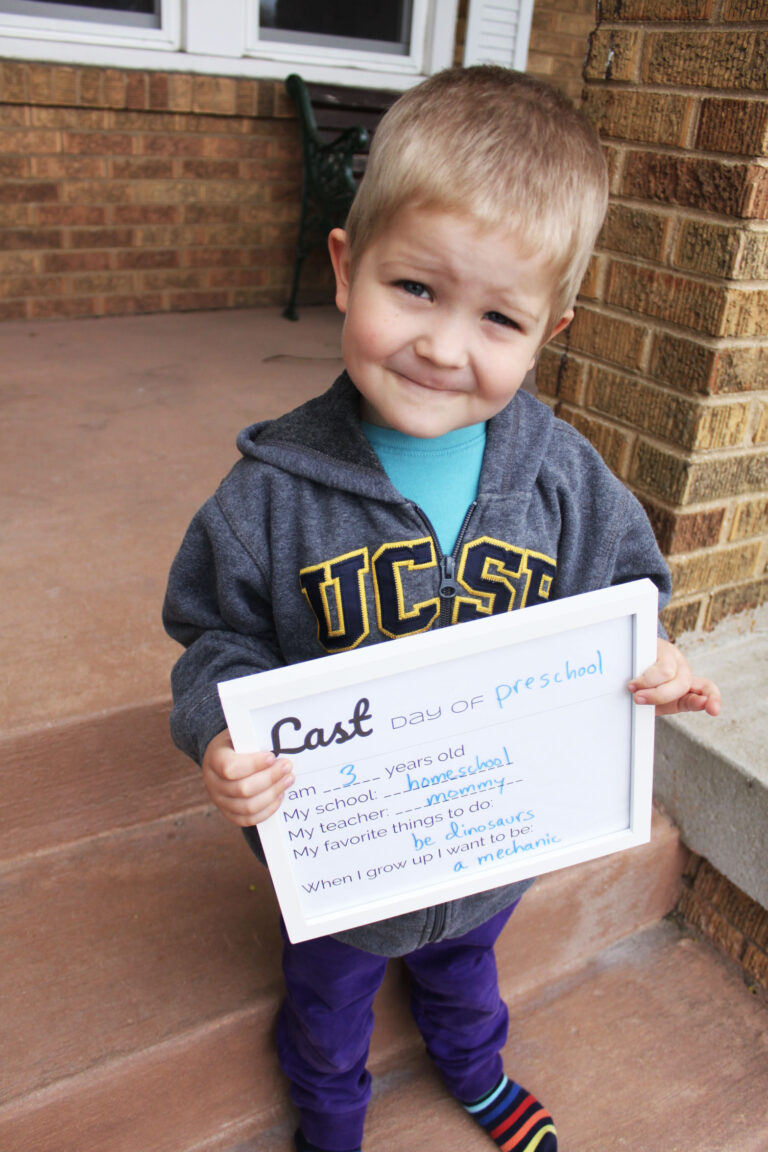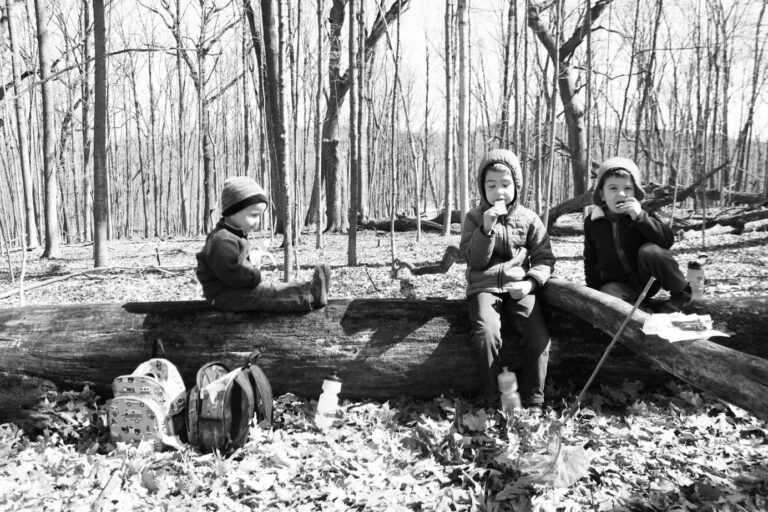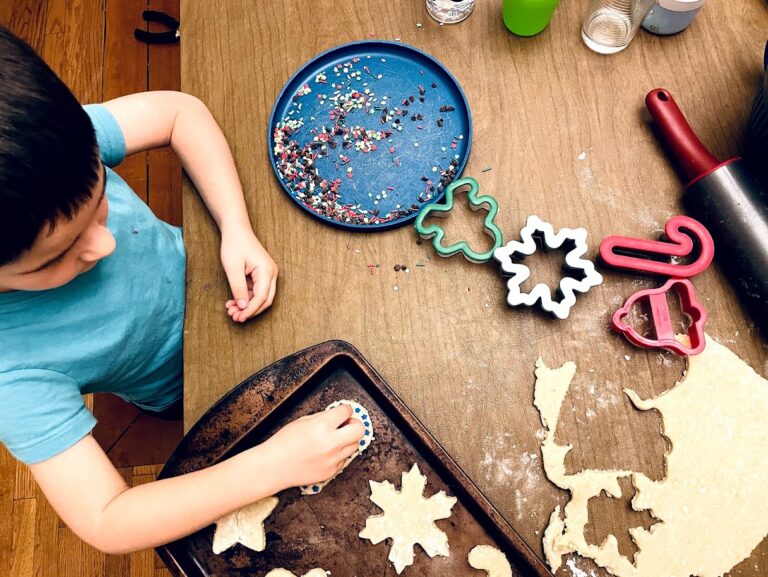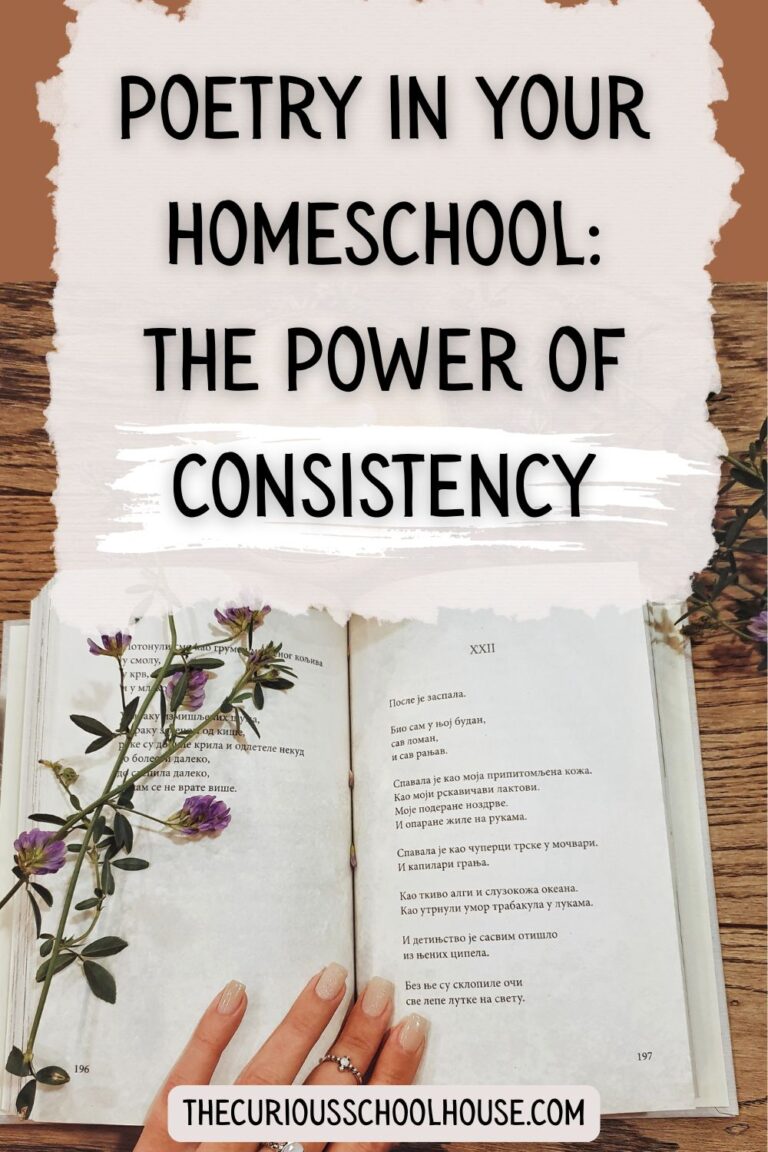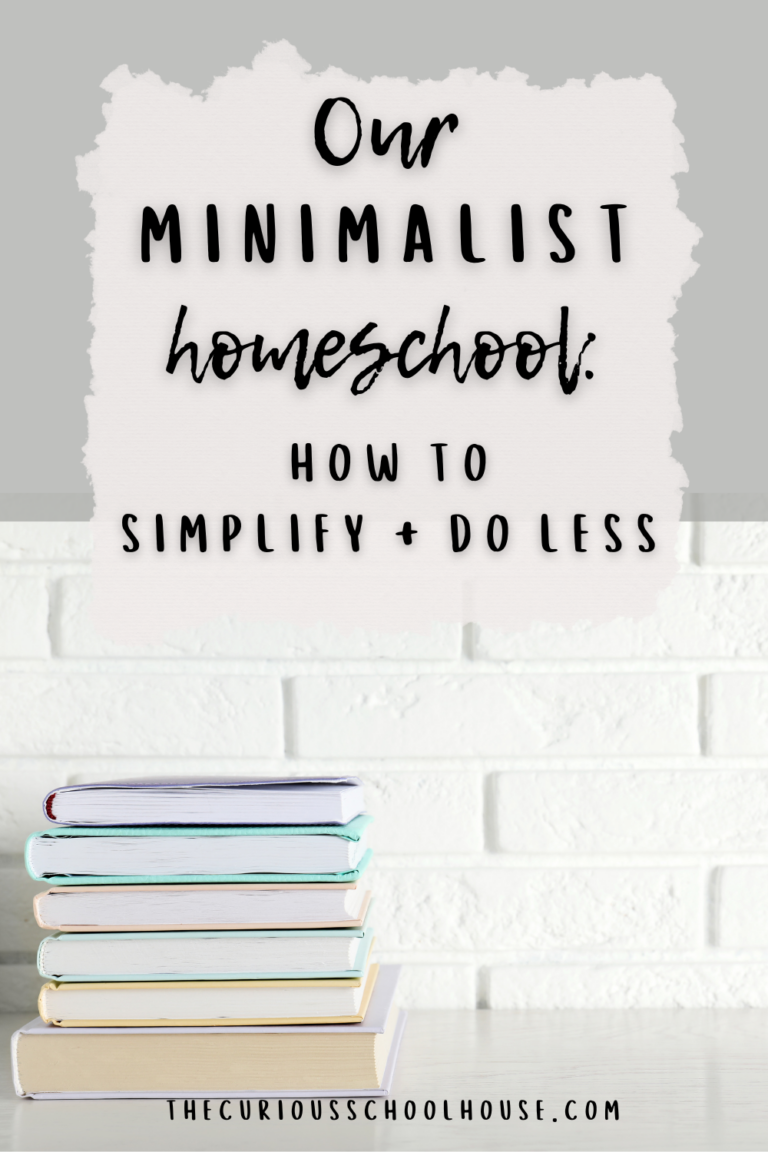Our First Year of Classical Conversations
One of the perks of living in a big city is that there are many opportunities available to homeschoolers. For some time now I have been wanting to connect with more homeschool families in the area (our church is small and has very few), and there are several choices of groups and co-ops. We tried out a few groups during the past three years but not until this past August did we actually take the plunge and join one: Classical Conversations. I have a good friend who has been telling me about this group for years, but I was hesitant to join it because we have never been “classical” homeschoolers and I didn’t think it would be a good fit. However, she encouraged me to talk to the director anyways and try it out. So I did! The CC director reassured me that we didn’t have to be following any sort of classical method or curriculum in order to join the group; basically, that we could use the group and its resources however we wished. Homeschool moms love their independence, so that was relief to hear – and we decided to give it a try.
Now that we are most of the way through our first year we are at the point where we can share a bit about our experience thus far. I am calling this our “experimental year,” because we didn’t dive deep or immerse ourselves in the program, but experimented and observed and did just a little bit of work that fit in with our already busy homeschool year. We learned about how the program works and gained… well, you shall see what we have gained from the experience.
Here is a summary of our experience as non-classical homeschoolers in our first year of CC!
Hopefully-Unnecessary-Disclaimer-But-Just-In-Case-It’s-Not-Clear: the pros and cons that I share are for our family alone. This is not a criticism of the group or the other families in the group. Classical Conversations is a well-structured, thoughtful, highly effective organization that is loved by thousands of families across the country, and I am in no position to critique it – I can only describe our own experience this year. Every family is unique and everyone has a different educational philosophy, which is good! There is no one right way to homeschool.

Also important: Baby Brother is now 5 months old and it’s a good thing he’s cute, because he still would rather scream than sleep. Life is just so exciting and he doesn’t want to miss a beat!
Our Schedule With CC
Our group meets on Wednesday mornings, from 9:15am to 1:00pm. For the past few years, we had been doing a four-day homeschool schedule anyways (which I loved), so we have kept that same routine – except that instead of Friday being our “off” day, now it’s Wednesday. All that we do for school on Wednesday is CC; though we also try to squeeze in piano practice in the afternoon. And let me tell you, getting five children and myself out the door in the morning – with snacks and water for all, lunches for all, presentations for the three boys, diaper bag, stroller, and coffee – is no easy task! We are slowly getting better at it and figuring out our preparations and routine for CC days. The downside to this schedule is that we don’t have a “catch-up” day anymore for subjects that were missed during the week – but the time spent at CC is valuable and I don’t feel bad about getting slightly less book work done during the week.
The Pros – What Is Valuable To Us
The Timeline and Math Memorization. One of the very first things we did to begin our CC adventure back in August was to crack open the case of Cycle 1 CDs and pop the one labeled “Timeline” into our van as we headed out one morning to run some errands. The kids were silent; I was impressed. The Timeline Song is about 13 minutes long and is a series of major events in world history from Creation up to September 11th, all set to memorable and musically satisfying song. Middle Brother’s first comment upon hearing it was “Mom, I love this song.” Big Brother immediately recognized several people/events from our history readings over the past few years, which was exciting both for him and for me. It only took a few weeks of listening as we drove around town for the three boys to memorize it; Little Sister is well on her way to knowing it too. This is valuable to me because the children are gaining a sense of the chronology of world history. Granted, it can’t possibly include every important event – but it’s a pretty darn good start. The boys don’t yet know what most of these people and events mean, but they will – and once they hear the stories, they will remember this timeline and be able to place the story in the context of other world events. As a start, I’ve pointed out the events that they do recognize (such as “the Israelite Exodus” or “US Astronauts Walking on the Moon”) and reminded them that these are real people and real stories that happened in the past, and that someday they will hear the stories behind each of the timeline events.
Each week there is also a small bit of math memorization, some of which is set to music and all of which is necessary reinforcement. I am told that the math memory work repeats each year, so anything they didn’t quite get memorized this year will be reviewed again next year. Middle Brother has already made the connection between the skip counting songs and division – all on his own. It’s amazing to see how much children can absorb when they are interested in a subject!
The Friends. This was the main reason we joined, and it’s been well worth it. They are a lovely group of moms and kids and we are so thankful for the opportunity to get to know them! The boys relish the class time interactions with the other kids and especially playing with them at recess after lunch. I’ve enjoyed meeting and chatting with other homeschool moms, and we look forward to getting to know them even better in the future. Community is important and it’s encouraging to see others in a similar situation to ourselves.
The Art, Science, and Presentations. The art and science projects are always interesting for the kids, and usually things that I would not take the time to do at home – so I am glad they can have those experiences. Each week, every child also prepares a “presentation” to do in front of their class. For the younger kids, it’s basically show and tell; for the older kids it can be a little more elaborate. The benefit here is that the kids get to practice public speaking – something that’s difficult or impossible to do at home. It’s a low-key, non-threatening event, but they still have to stand up there in front of their peers and talk for a short time. I’ve already seen improvements in all three boys in the months that we have been doing this, and I can see how this continued practice over many years would greatly reduce or even eliminate any fear of public speaking as they grow older.
One other aspect of CC that I appreciate, especially this year with pregnancy and now a young baby, is that there are many breaks throughout the year. There are only 24 weeks of class total, spread out from the end of August to early May – so if you do the math you can see that there are many breaks inserted throughout the CC “year.” I love this! We enjoy the weeks that we go, but we also need and appreciate the weeks when we have a break. It hasn’t felt like an overwhelming commitment, and I’m grateful for that.
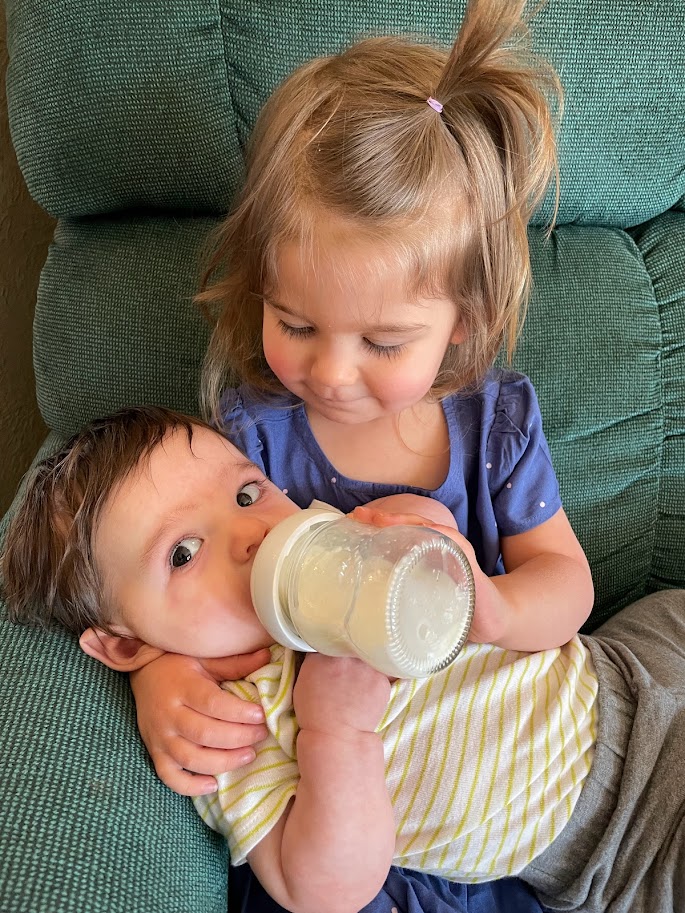
The Cons – What We Haven’t Used This Year
Geography. I know this is entirely due to our family’s quirks, but the geography memory work has been a bit confusing and frustrating at times. My background to this complaint is that our boys went through a recent phase of obsession with geography, and came out of it knowing every country in the world as well as most of their major cities, flags, and geographical features. Then we jumped into CC, and each week a portion of their memory work is some section of geography – but it’s not current geography. I am still not entirely clear on this, but I believe it is all related to ancient history which is the theme of this year’s Cycle 1 – and perhaps if we were also studying ancient history at home it would make more sense. But we’re not, and so learning the locations of ancient Mali and Babylon and Germania feels confusing and irrelevant to our boys.
Latin. We don’t study Latin at home. I’ve heard a basketful of reasons for doing it, and none of them seem compelling to me. Of course it’s not a bad thing to do – if you love it, and your kids enjoy it, great! Please continue! I say that without any sarcasm whatsoever. However, I still feel that all of the benefits that parents hope to achieve through the study of Latin could just as easily be gained through a different language or some other activity that actually has practical relevance to our world today. This is my personal opinion and you are welcome to disagree. The Latin memory work at CC is a small portion of the entire morning so it’s not a deal breaker; however, I must note that I’ve heard rumors that Latin becomes a bigger component in the older grades, so there might come a time when I will have to eat my words and join the Latin club. We shall see! From an educational philosophy standpoint I don’t want to, but from a practical standpoint we may have to.
The Entire Model on Which Modern Interpretations of Classical Education Are Based. Ok, this might have to be a separate blog post in itself. I don’t agree with Dorothy Sayers and her Trivium idea but we’ll save that for another day.
In a recent Read Aloud Revival podcast episode, Sarah Mackenzie said that the best curriculum is “the one that you use, and the one you enjoy using.” So far, CC fits that description for us. We are using the materials and enjoying it!
However, we have only dabbled this year. We do not spend a lot of time reviewing our CC memory work. We also don’t align our home studies with the art or science or history topics of the week. This absolutely might change in the future when Stinker Baby finally decides to start napping, or sleeping through the night… but this year, I just couldn’t, so we chose to “experiment” with the group and its materials. At this stage in life we are doing what is probably considered the bare minimum: we listen to the review cds in our van while doing errands, and we show up for class each week. That’s it! Please don’t tell our director or she will be shocked and appalled… though she’s a wise lady so she probably already knows. Also I do not encourage you to imitate us; I’m pretty sure that the more you put into the group, the more you’ll get out of it and dabbling is not recommended.
BUT: I would like to encourage you that, as with any curriculum or tool, you can use CC and its materials however best suits your family. If you are on the fence, it is worth trying. The group has been valuable to us even with this trivial bit of dabbling! Our kids have memorized a large chunk of interesting information, we’ve had hands-on experiences with art and science, they are practicing public speaking, and we’ve met many good friends. I am gaining a greater respect for the modern classical method and those who work diligently to implement it. Thank you, friend, for telling us to join… you know who you are. Wink wink.

What comes next for us? Though I respect it, I am still not completely sold on the classical model of education. I know it “works,” I know many many people adore it… but Charlotte Mason has my heart, and parts of modern classical models feel contrary to some of her most basic principles. Maybe it just depends on how it is implemented. Maybe I need to read more and work to understand it better. Maybe we can continue to use it in our own way (though I have a feeling this will get more difficult as the kids get older and move out of the beginning Foundations program). Maybe I’ve read waaaaay too many books on education and am overthinking the whole thing! It’s quite likely.
I don’t want to give up the community and friends we have found. I want to continue with the group next year but am not sure how much effort we should put into it. I see the need to spend much time praying for wisdom and knowledge as we plan the next step of our homeschool. Our current approach is largely based off of Charlotte Mason, interspersed with frequent interest-based learning, a dose of classical and a sprinkling of unschooling. However, I know that different seasons have different needs and I want to hold this approach lightly, willing to change if needed.
And honestly, it is such a blessing to have options, to have the freedom and flexibility and health and time and energy to create a life of education that suits our family! This is a gift and a privilege that I must not take for granted.
Now please excuse me – I’m off to read a gargantuan tower of books explaining the classical method and Why I Should Care About Latin Because Right Now I Don’t. Happy Friday!
Originally written March 12 2022


